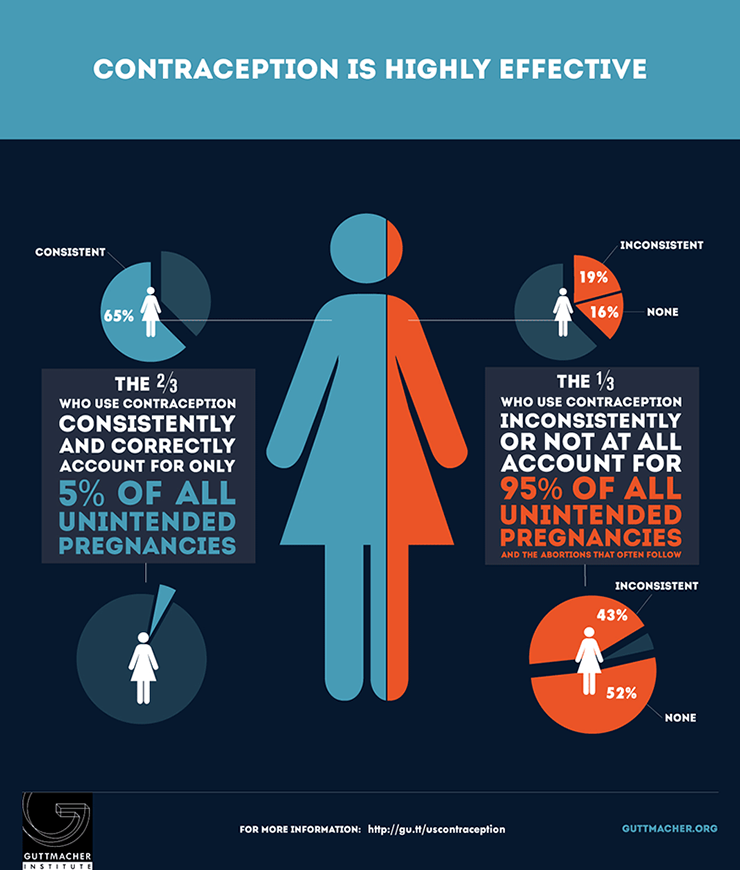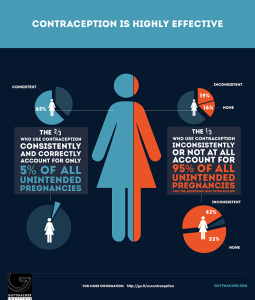|
Getting your Trinity Audio player ready...
|
By Winnie Kamau
World governments are meeting in New York where they are expected to commit themselves to a new set of goals relating to future international development. The 17 Sustainable Development Goals (SDGs) will hopefully be achieved within the next 15 years. They replace the 8 Millennium Development Goals (MDGs) which governments signed in 2000 and promised to achieve over the next 15 years and are expiring this year.
The MDGs were conceptualized in the context where the poor countries would get aid from rich countries to be able to get half way through to meeting the goals. Despite a reduction in overseas development assistance, many countries have been able to make notable progress in meeting some of the MDGs through other resource flows. The SDGs aim to finish the job of the MDGs— getting to a statistical zero on hunger, poverty, preventable child deaths and other targets.
One of the major differences between the SDGs and the MDGs is the requirement that governments must start keeping data showing how they are monitoring, evaluating and accounting for the resources they are allocating towards meeting these goals. One of the SDGs targets is for governments to, by 2020, significantly increase the availability of “high-quality, timely and reliable data disaggregated by income, gender, age, race, ethnicity, migratory status, disability, geographic location and other characteristics relevant in national contexts.”
This is one target that is likely to present a stumbling block to many countries in the continent who yet to cotton on to the idea that they are expected to provide ‘proof’ of their successful implementation of the SDGs. Unlike the MDGs which said nothing about monitoring, evaluating and accountability, data is crucial in meeting the SDGs.
Data is crucial in ensuring nobody or no section of the community or country is left out the policies the governments adopt in the implementation of these goals. This is the challenge facing many governments in the continent who must put in place systems to monitor the progress of each and every goal. It is a wake up call for those governments which have in the past allocated development resources, selectively. This time round, they must develop and implement policies which are all inclusive.
Most sub-Saharan governments are faced with multiple challenges at all levels— from eradicating poverty, hunger, providing equitable and quality education to climate change, governance and peace among others. To be able to meet the SDGs, they will need to have data about each and every aspect of their countries and citizens. Timely, accurate and easy to access data will ensure that policies formulated will be ‘not leave anyone behind’ and will serve to inform the allocation of resources. Data is the linchpin from which all the SDGs will hinge.
But understanding that government data is lacking and that held by civil society and even the private sector is proprietary, are the African governments setting themselves up to fail on delivery of the SDGs? What are the incentives to ensure that SDGs are prioritized and are implemented? What measures can be taken to compel governments to act on these goals? What is the role of intra-and inter-governmental bodies such as the African Peer Review Mechanism in pushing forward the implementation of these goals? What role does the private sector and civil society including the media have in pressuring governments to meet SDGs?
As UNDP Special Envoy on SDGs Serge Kapto says:“It is not punitive review mechanism but review based on an exchange of best practices and experience without overburdening countries. Therefore the High Level Political Forum on Sustainable Development is the main platform for Follow up and Review at the global level”.
There is great urgency for governments to draw up partnerships with the private and civil sector to address this lack of timely data. Developing structures, creating the proper legal environment (i.e., access to information; data protection etc), training personnel at all levels of government and properly resourcing the national statistics offices is one way of building the kind of ecosystem envisaged in meeting the SDGs.
Apart from providing policy makers with real-time data on which to formulate programmes for service delivery, it will also compel governments to become more transparent in its programmes and accountable to the people. No longer should development be based at the whim of a politician but on the actual needs of the people. But for this evidence-based strategy to policymaking to succeed, it might mean changing the attitude and focus of our civil service. Maybe the provision of timely, accurate, accessible data collection should be included as one of the key performance indicators for those in public office!
The central place that data holds in the achievement of the SDGs cannot be gainsaid. As Chief Justice Willy Mutunga said: “Data is not only King but Emperor!”
However, it is important to realise that data can be manipulated for political or other reasons. Many governments are wary of data produced by third parties — be they civil society, private sector or even international organisations. Those producing data or are funding the production of data have different motives and not all of them are always aligned. As governments prepare to sign along the dotted line for the SDGs, they must balance these conflicts and ensure they relied on data that delivers the most services to ALL their citizens.















